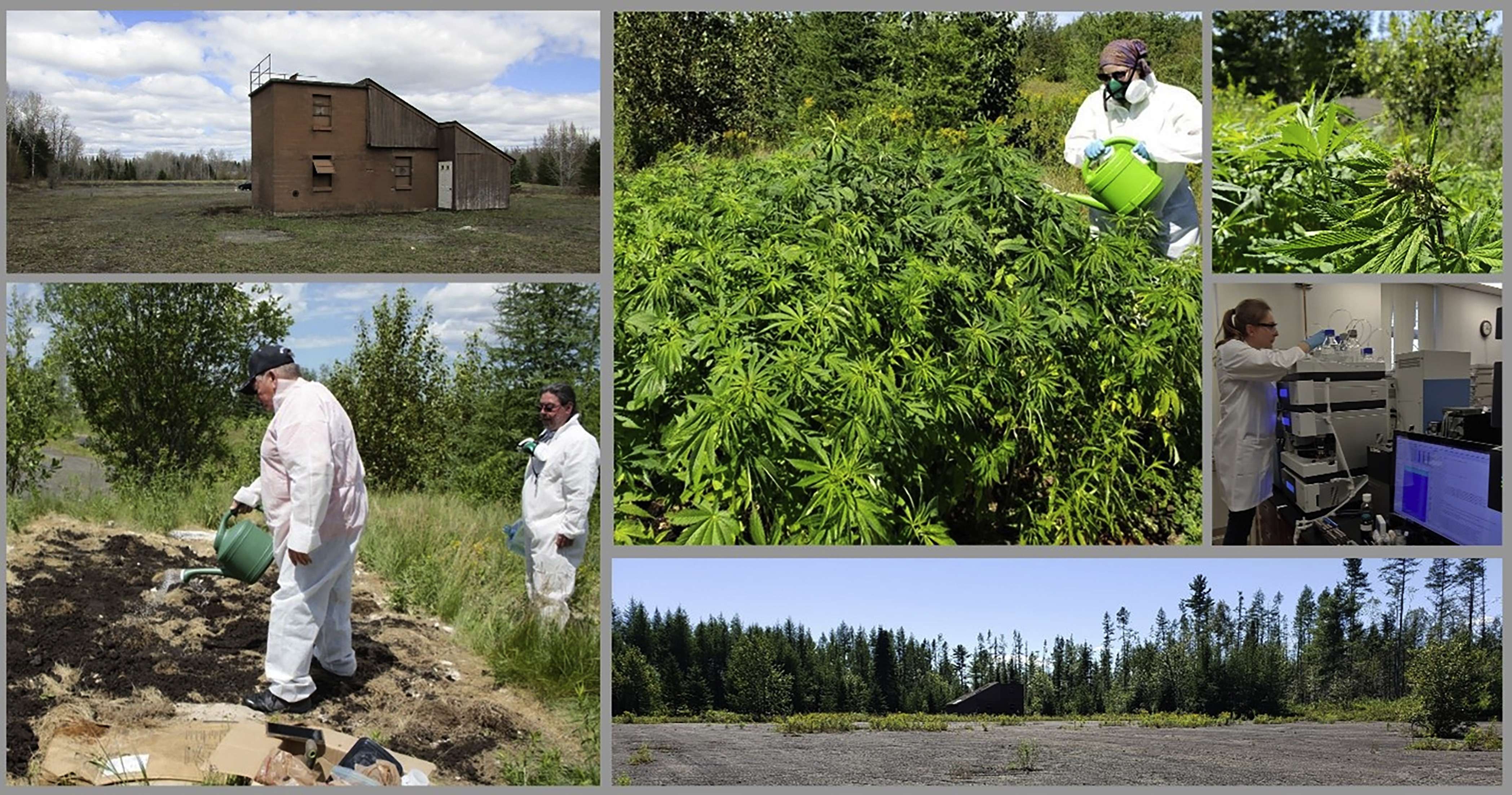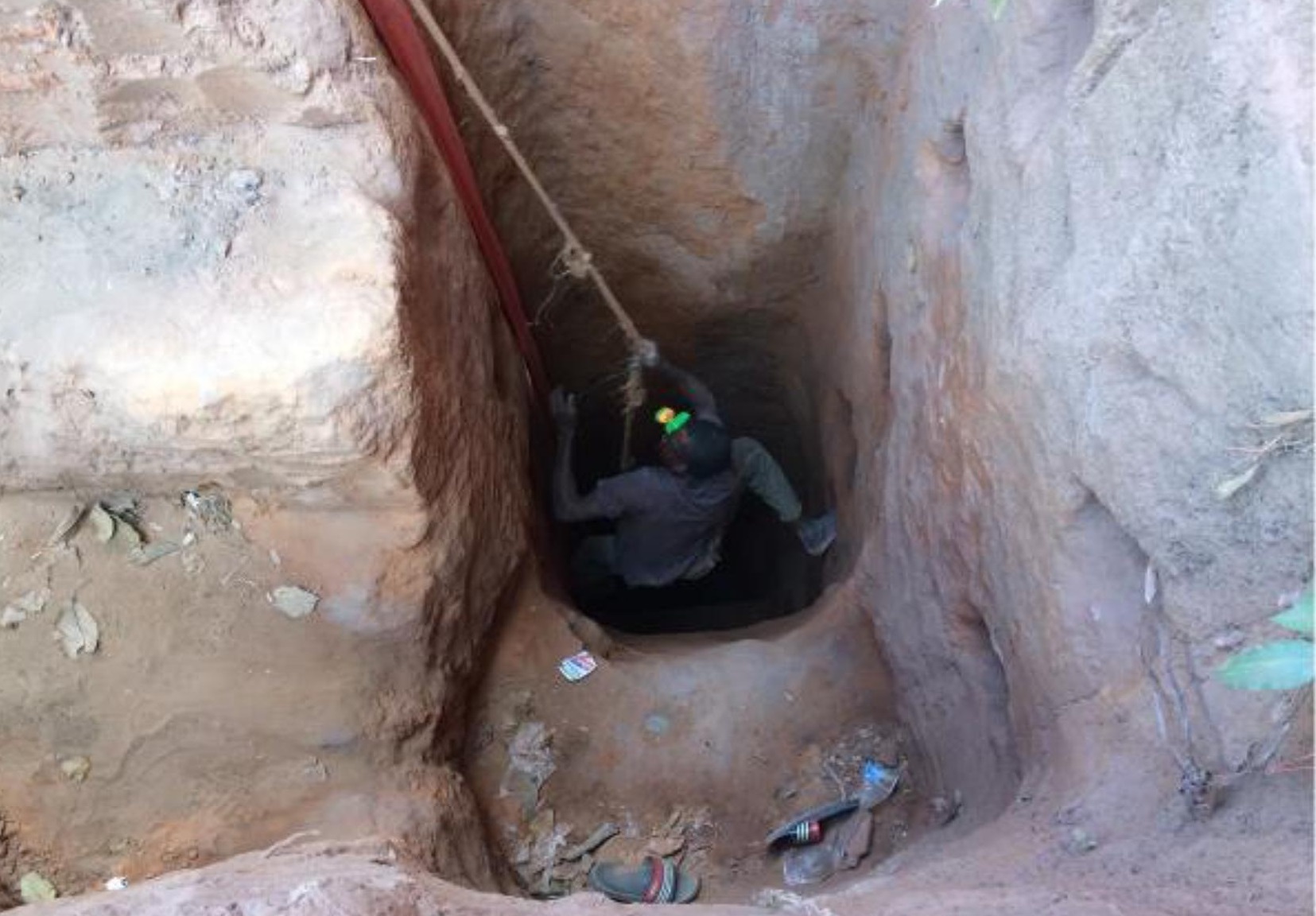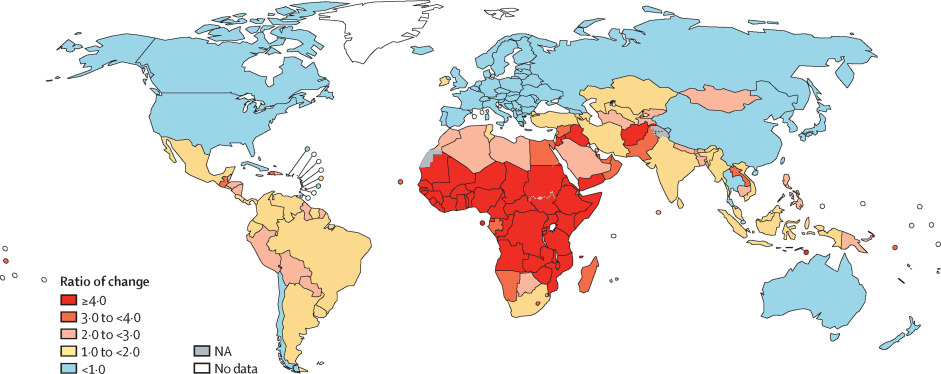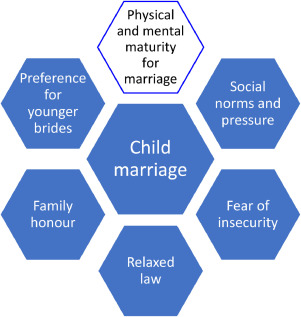Heliyon, Volume 7, July 2021
Despite the improvement in technologies for the production of alternative fuels (AFs), and the needs for using more AFs for motor vehicles for the reductions in air pollution and greenhouse gases, the number of alternative fuel vehicles (AFVs) in the global transportation sector has not been increasing significantly (there are even small drops for adapting some AFs through the projections) in recent years and even in the near future with projections to 2050. And gasoline and diesel fuels will remain as the main energy sources for motor vehicles.
Heliyon, Volume 7, July 2021
iScience, Volume 24, 23 July 2021




